Tesla's highly anticipated launch in India has been met with significant public backlash and online trolling due to its pricing, which is double that in global markets. High import duties are to blame, making Tesla a luxury beyond most Indians' reach.
 Minaketan Mishra
Minaketan Mishra
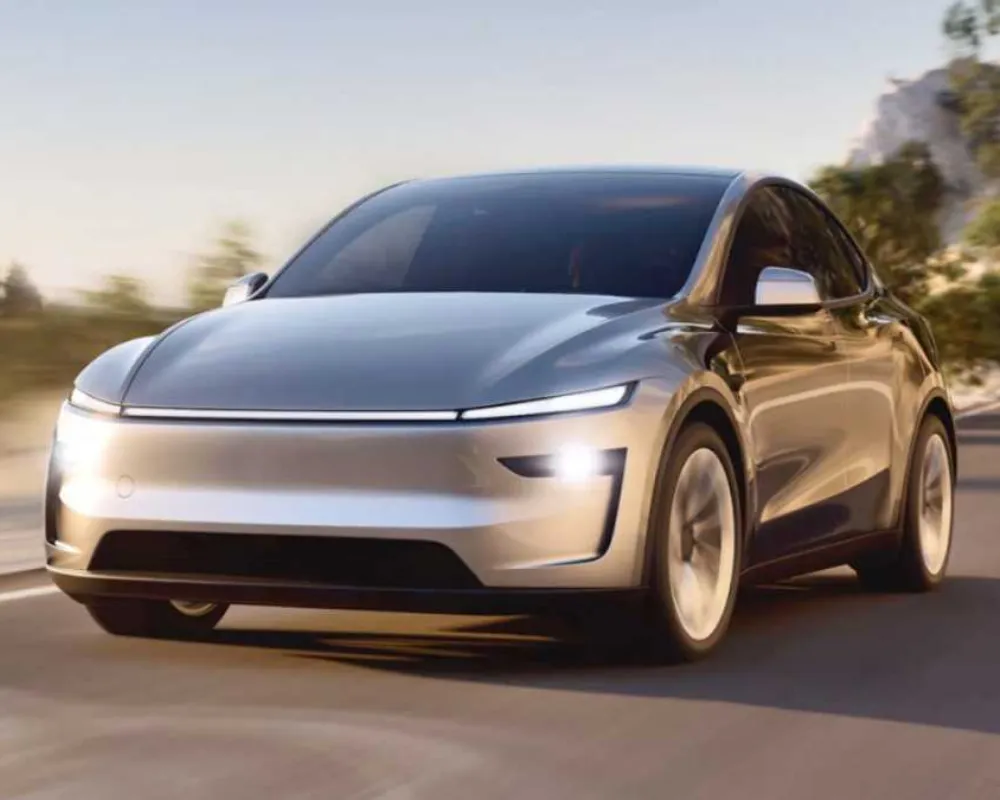
After years of anticipation, speculation, and on-again, off-again rumors, Tesla has finally made its official entry into the Indian market. The electric vehicle (EV) giant, led by Elon Musk, opened its first showroom in Mumbai and began accepting bookings for its Model Y SUV. However, the excitement surrounding its arrival has quickly been overshadowed by widespread public outrage and online trolling, centered squarely on its exorbitant pricing.
The Model Y, which is Tesla's initial offering in India, is reportedly priced at around ₹60 lakh for the rear-wheel-drive variant and ₹68 lakh for the long-range version. The shock for many Indian consumers comes from comparing these figures to global prices. For instance, the same Model Y starts at approximately ₹30-38 lakh in markets like China and the US, making the Indian price nearly double.
The Culprit: High Import Duties
The primary reason behind this massive price disparity is India's stringent import duty structure on Completely Built-Up (CBU) vehicles. For cars priced above $40,000 (which Tesla's models largely are), the import duty can be as high as 100%. This, combined with other taxes and levies, effectively inflates the retail price by many lakhs, pushing it well beyond the reach of even the upper middle class.
This isn't a new issue. Elon Musk and Tesla have long lobbied the Indian government for lower import duties, arguing that it would make EVs more accessible and help accelerate India's transition to electric mobility. However, the Indian government has largely resisted, pushing for local manufacturing ("Make in India") to create jobs and boost the domestic auto industry. While a new EV policy was introduced last year offering reduced duties (15%) for companies committing to significant local investment and manufacturing, Tesla has so far opted for the CBU import route, incurring the full tariff burden.
Public Reaction: From Excitement to Outrage
The public reaction has been swift and overwhelmingly negative. Social media platforms are awash with memes, sarcastic comments, and expressions of disappointment. Many netizens have dubbed the brand "TAX-LA" instead of Tesla, highlighting that a significant portion of the price goes directly to the government as taxes. Comments like, "If you buy a #Tesla Model Y in India, you will pay around ₹33 lakh to the company and ₹28 lakh to the Government as taxes. If this is not tax extortion, I do not know what it is," are common.
For a country where the majority of passenger car sales are in the sub-₹15 lakh segment, a vehicle costing ₹60-70 lakh is firmly entrenched in the ultra-luxury segment. While some wealthy individuals may still opt for a Tesla for its brand prestige and technological appeal, the mass market, and even a significant portion of the aspirational middle class, find it entirely unaffordable.
Challenges and the Road Ahead:
Tesla's entry into India, at these price points, positions it squarely against established luxury players like Mercedes-Benz, BMW, and Kia's premium EV offerings, rather than competing with homegrown players like Tata Motors and Mahindra, who dominate the more affordable EV segments.
The current strategy suggests Tesla is focusing on brand positioning and testing the waters rather than aiming for immediate high sales volumes. Its success in India will hinge on several factors:
Tesla's India debut is undoubtedly a landmark event for the country's EV landscape. However, the initial public opinion, heavily influenced by the prohibitive pricing, underscores the unique challenges of operating in a price-sensitive market like India. For now, Tesla remains a luxury dream for most, and its path to becoming a mass-market player in India looks to be a long and complex one.
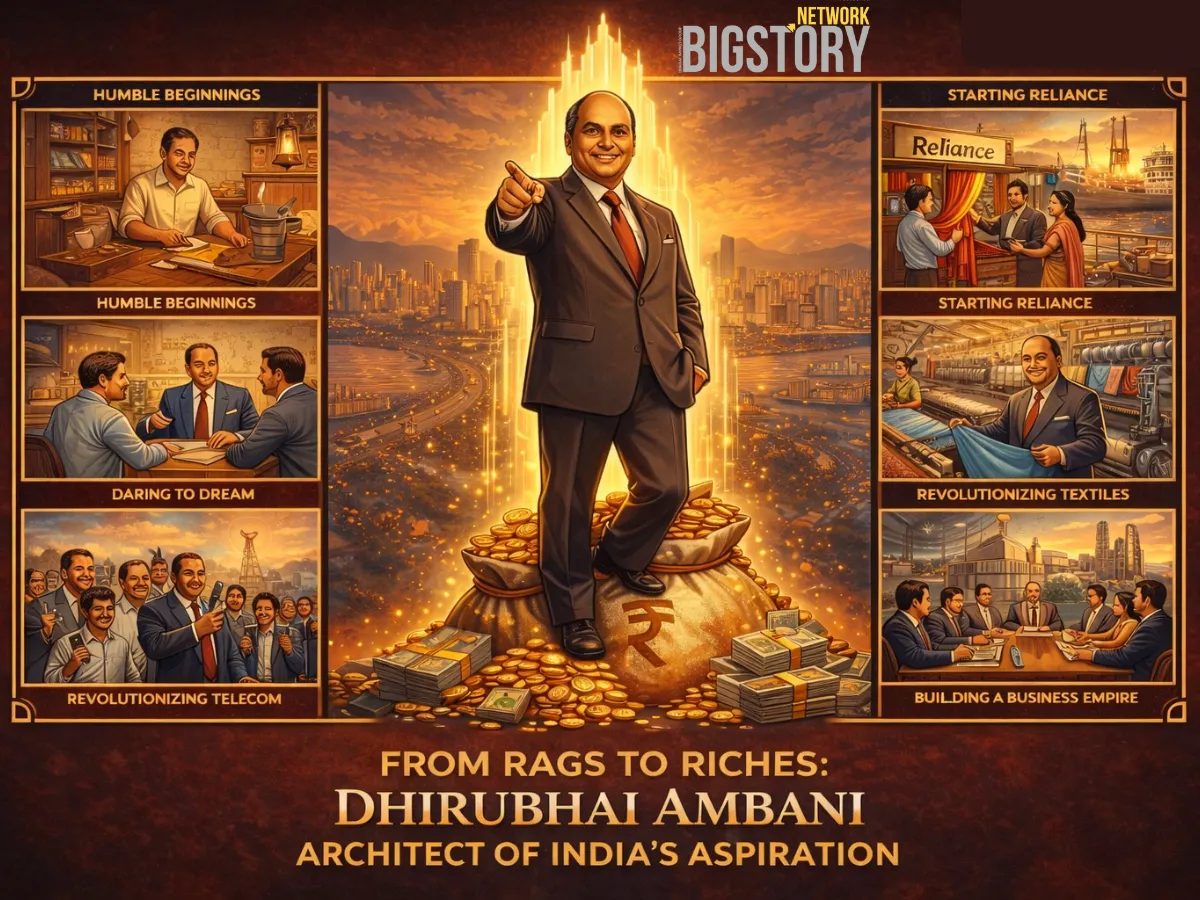
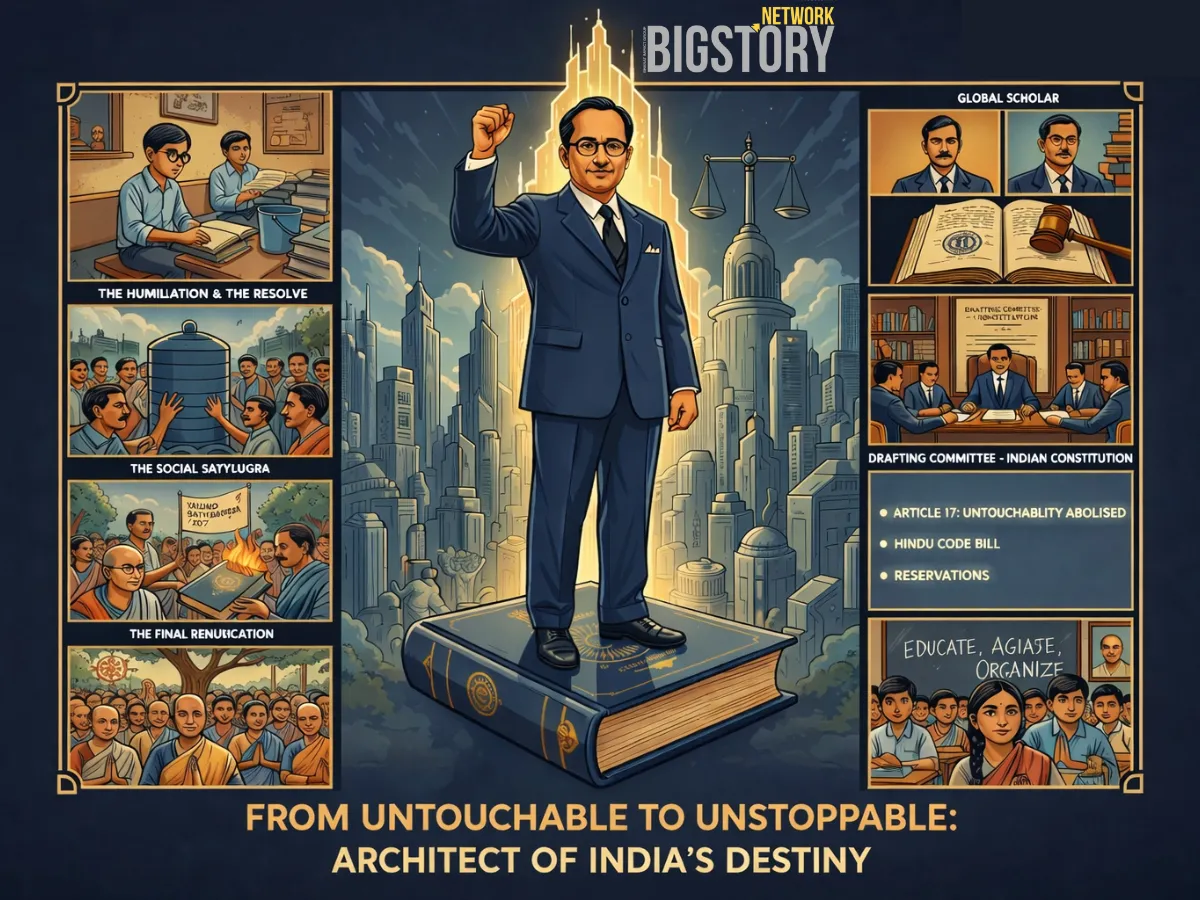
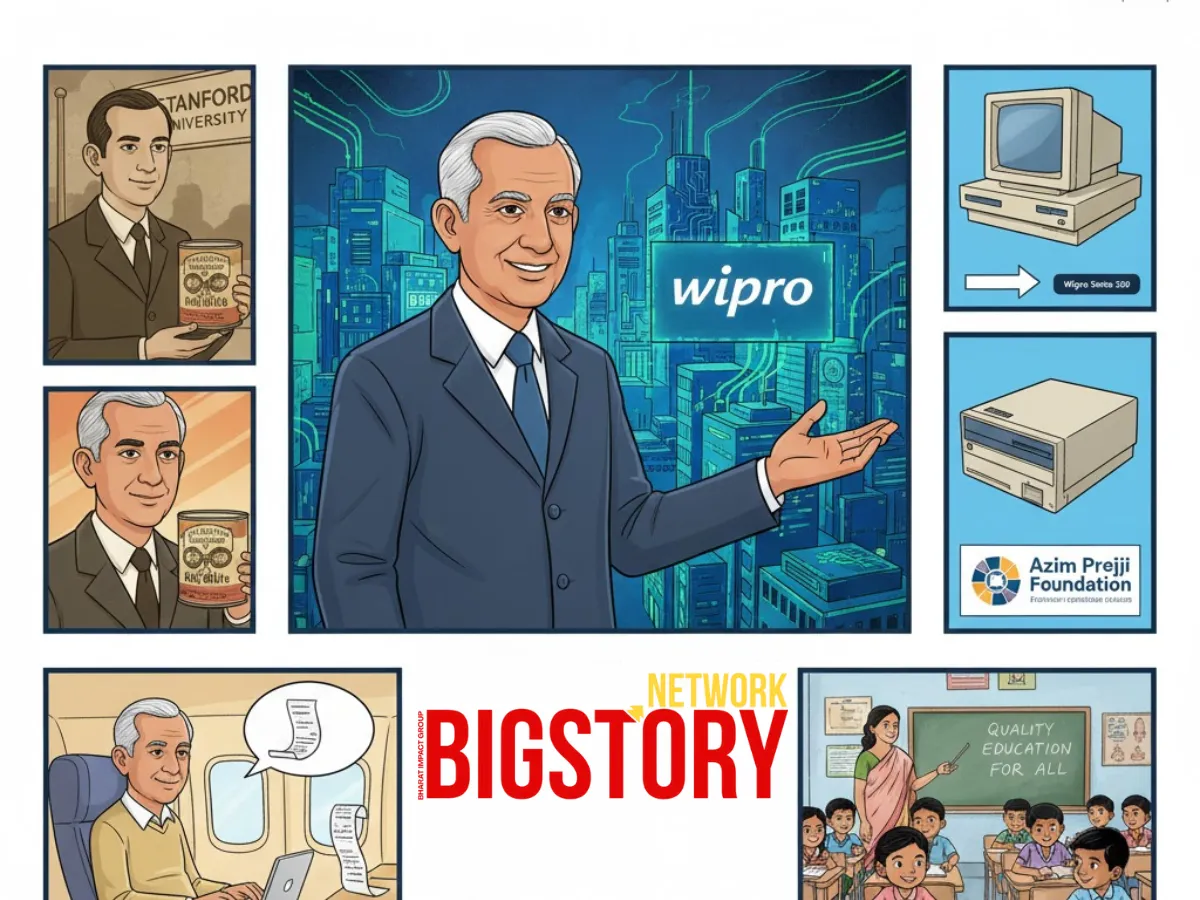


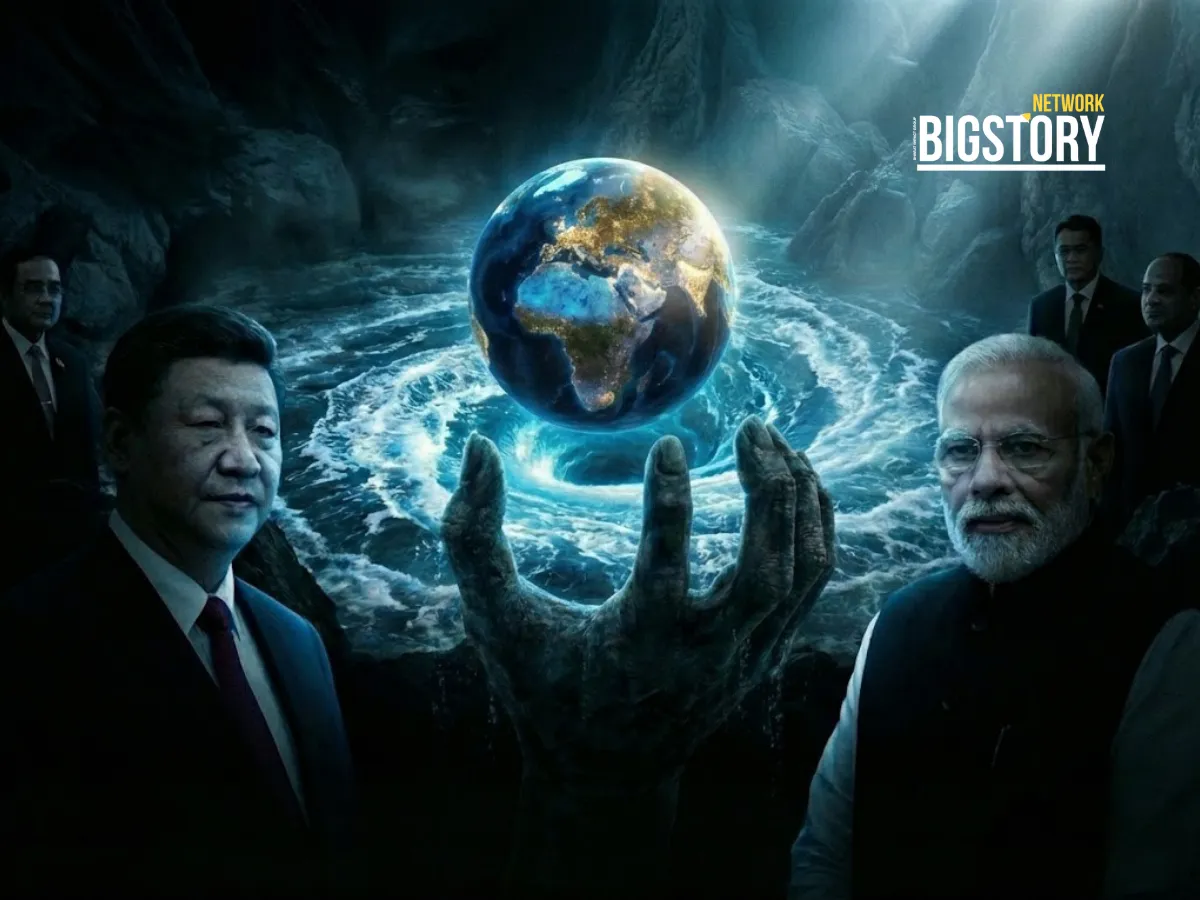
Sign up for the Daily newsletter to get your biggest stories, handpicked for you each day.
 Trending Now! in last 24hrs
Trending Now! in last 24hrs